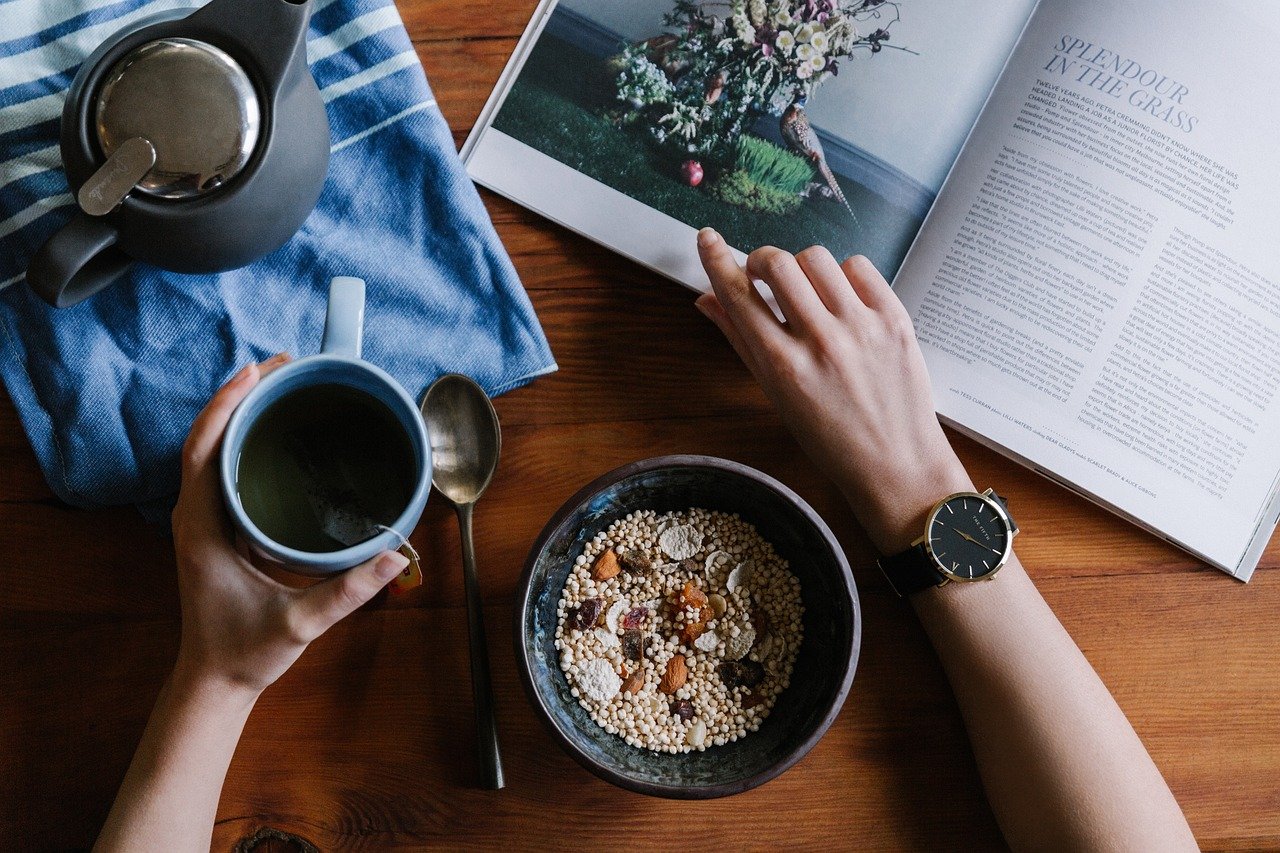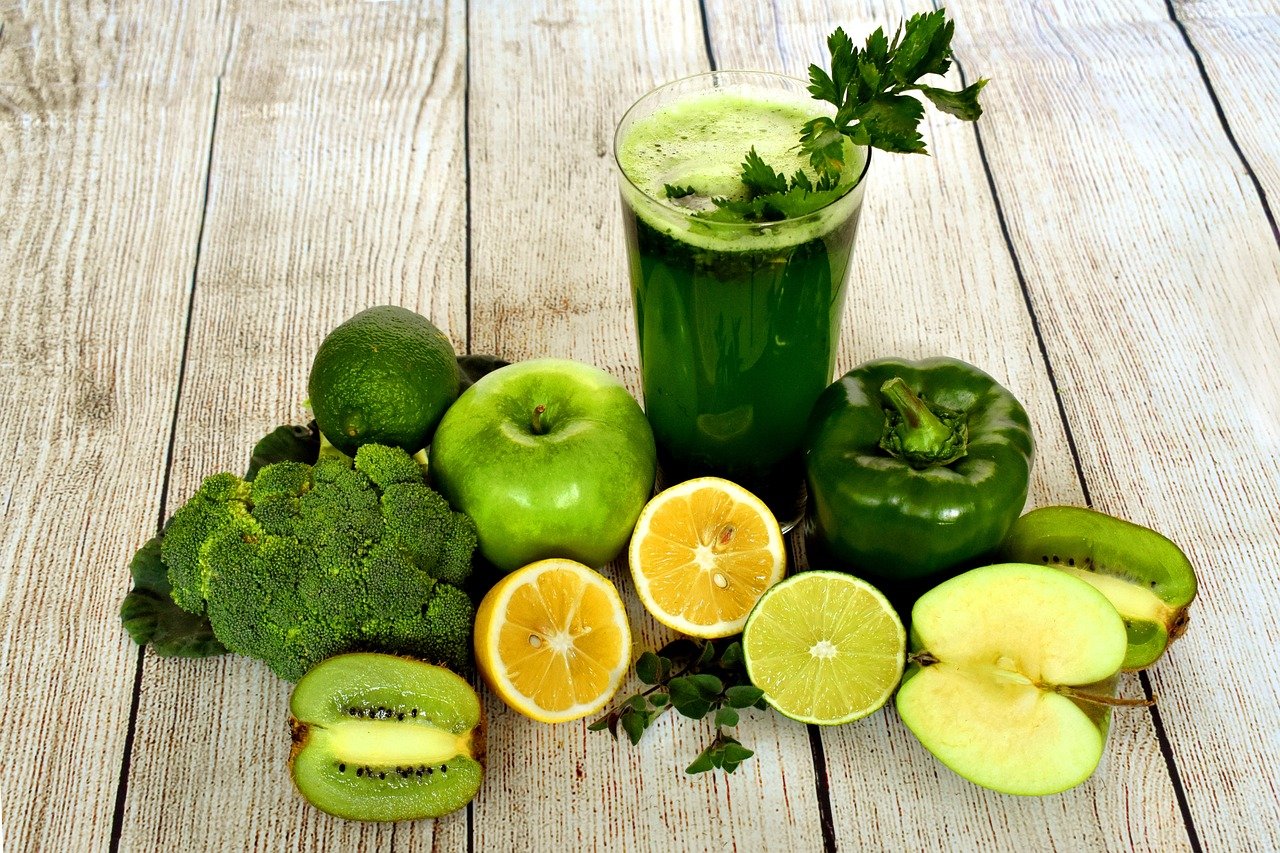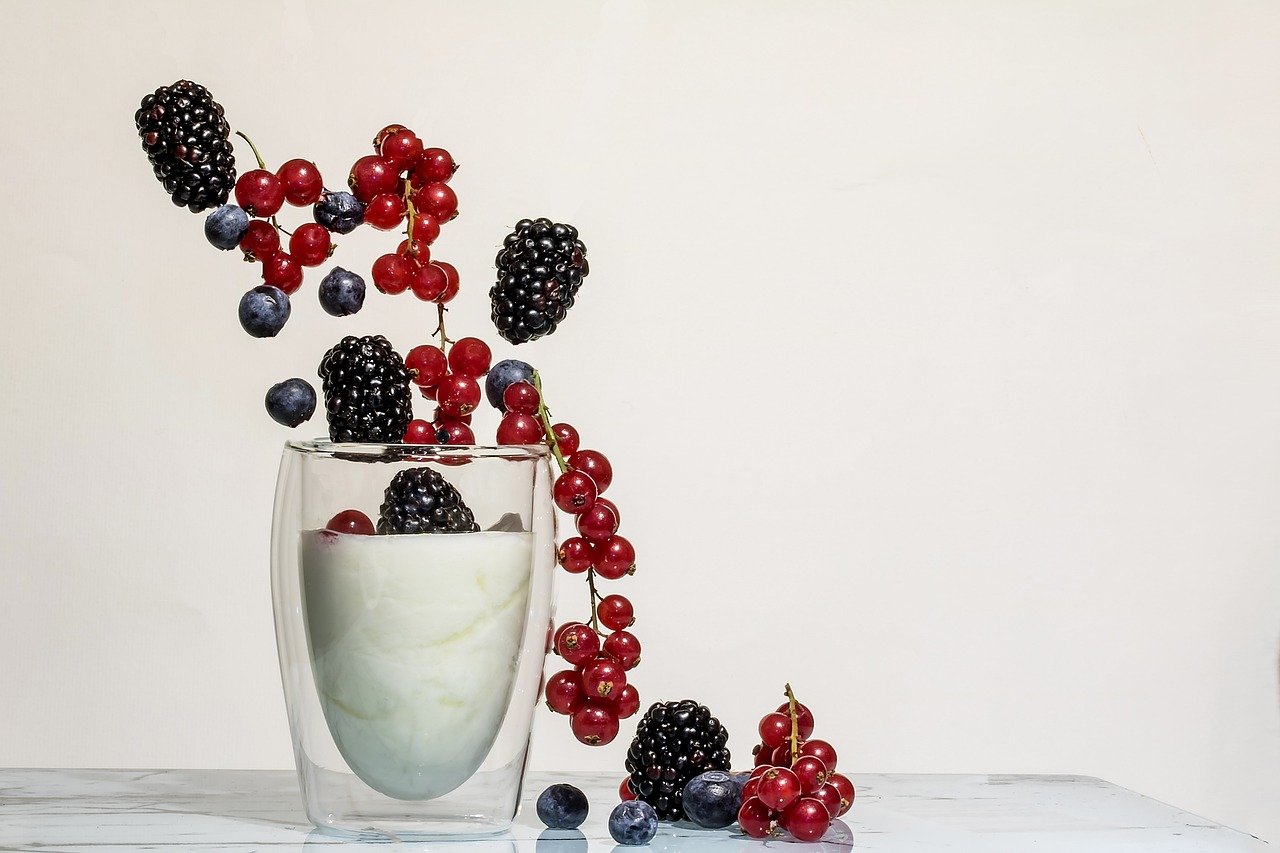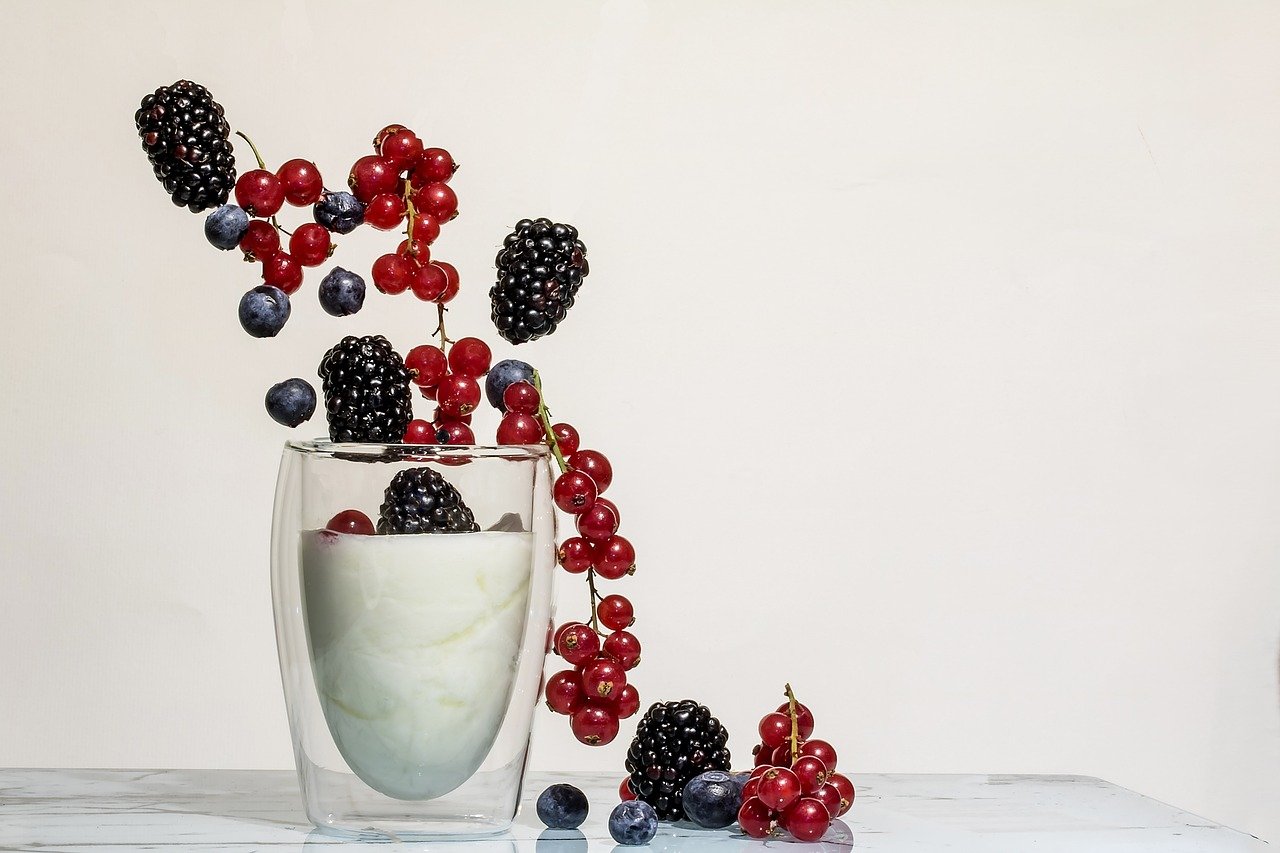If you’ve ever experienced the excruciating pain of a kidney stone, you know just how important it is to prevent them from forming in the first place. That’s where the DASH diet comes in. Designed to lower blood pressure and promote overall health, this eating plan has also been found to be effective in preventing kidney stones. In this guide, we’ll take a closer look at the DASH diet and how it can help you reduce your risk of developing kidney stones. From what to eat to how to incorporate the diet into your daily life, we’ve got you covered. So, get ready to say goodbye to kidney stone woes and hello to a healthier you.

This image is property of pixabay.com.
Understanding Kidney Stones
What are kidney stones?
Kidney stones are hard deposits that form in the kidneys. They are made up of various substances, such as calcium, oxalate, or uric acid. These stones can vary in size and shape, ranging from as small as a grain of sand to as large as a golf ball. When kidney stones form, they can cause severe pain and discomfort as they pass through the urinary tract.
Types of kidney stones
There are different types of kidney stones, based on the substances they are composed of. Calcium stones are the most common type, accounting for about 80% of cases. These stones form when calcium combines with oxalate or phosphate in the urine. Uric acid stones form when the urine contains too much uric acid, which can occur due to a high-protein diet or certain medical conditions. Other less common types include struvite stones, which are associated with urinary tract infections, and cystine stones, which are caused by a rare genetic disorder.
Causes of kidney stones
Kidney stones can be caused by a variety of factors. One of the main causes is dehydration, which leads to concentrated urine and increases the risk of stone formation. Certain medical conditions, such as urinary tract infections, gout, or other metabolic disorders, can also contribute to the development of kidney stones. Additionally, diet plays a significant role, with a high intake of sodium, oxalate, and animal protein increasing the risk of stone formation.
Prevalence of kidney stones
Kidney stones are a common condition, affecting approximately 1 in 11 people worldwide. Men are more likely to develop kidney stones than women, and the risk increases with age. Individuals who have a family history of kidney stones or have previously had a stone are also at a higher risk. Certain geographical regions, such as the Southeastern United States, have higher rates of kidney stone prevalence compared to other areas.
Introduction to the DASH Diet
What is the DASH diet?
The DASH diet, short for Dietary Approaches to Stop Hypertension, is a dietary approach that emphasizes the consumption of fruits, vegetables, whole grains, lean proteins, and low-fat dairy products. Originally developed to lower blood pressure, the DASH diet has also been found to be beneficial in preventing kidney stones. It promotes a balanced and nutrient-rich eating pattern, which can help reduce the risk of stone formation.
Benefits of the DASH diet
The DASH diet offers numerous benefits for overall health and well-being. It has been shown to lower blood pressure, reduce the risk of heart disease, and improve insulin sensitivity. Additionally, the DASH diet is effective in preventing kidney stones by promoting a diet that is low in sodium and high in important nutrients like calcium, potassium, and magnesium.
How does the DASH diet help prevent kidney stones?
The DASH diet helps prevent kidney stones by addressing the key dietary factors that contribute to stone formation. By limiting the intake of sodium and animal protein, and increasing the consumption of fruits, vegetables, and calcium-rich foods, the DASH diet creates an optimal environment in the body to prevent the formation of kidney stones. It promotes a balanced and healthy diet that supports kidney health and reduces the risk of stone recurrence.
DASH Diet Guidelines
Recommended food groups
The DASH diet emphasizes the consumption of various food groups to ensure a well-balanced and nutritious diet. It encourages the intake of fruits, vegetables, whole grains, lean proteins, and low-fat dairy products. These food groups provide essential vitamins, minerals, and fiber, which are beneficial for overall health and kidney stone prevention.
Limiting sodium intake
Sodium is a major contributor to kidney stone formation because it increases the amount of calcium in the urine, which can lead to stone formation. The DASH diet recommends limiting sodium intake to 2,300 milligrams per day, or even lower to 1,500 milligrams if you have a history of kidney stones or high blood pressure. To reduce sodium consumption, it is important to avoid processed foods, limit the use of table salt, and opt for low-sodium alternatives.
Increasing calcium consumption
Contrary to popular belief, consuming an adequate amount of calcium is actually beneficial in preventing kidney stones. The DASH diet encourages the consumption of low-fat dairy products, which are excellent sources of calcium. Calcium binds with oxalate in the intestine, preventing its absorption and reducing the risk of stone formation. It is recommended to consume 3 servings of low-fat dairy products per day as part of the DASH diet.
Including fruits and vegetables
Fruits and vegetables are an essential part of the DASH diet. They are rich in important nutrients, vitamins, and antioxidants, which can help prevent kidney stones. Additionally, they are high in water content, which promotes hydration and dilution of urine, reducing the risk of stone formation. Aim to consume a variety of fruits and vegetables, aiming for at least 4-5 servings per day.
Reducing animal protein
High intake of animal protein, such as red meat, poultry, and seafood, has been linked to an increased risk of kidney stones. The DASH diet recommends reducing the consumption of animal protein and choosing lean protein sources, such as fish or poultry, instead of high-fat meats. This helps reduce the intake of purines, which are metabolized into uric acid and can contribute to kidney stone formation.
Controlling oxalate-rich foods
Oxalate is a natural substance found in many foods, and excess consumption can contribute to the formation of calcium oxalate kidney stones. The DASH diet advises controlling the intake of oxalate-rich foods, such as spinach, rhubarb, beet greens, and certain nuts and seeds. Cooking methods like boiling or steaming can help reduce the oxalate content in foods, making them safer to consume.
Fluid Intake and Hydration
Importance of adequate fluid intake
Proper hydration is crucial for kidney health and the prevention of kidney stones. Drinking an adequate amount of fluids helps maintain urine volume and dilutes substances in the urine that can lead to stone formation. It also helps flush out toxins and waste products from the body. Therefore, it is essential to ensure you consume enough fluids throughout the day.
Recommended daily fluid intake
The recommended daily fluid intake for individuals aiming to prevent kidney stones is about 2-3 liters, or roughly 8-12 cups, per day. This can vary based on factors such as activity level, climate, and overall health. It is important to spread out fluid intake throughout the day and choose hydrating fluids like water, herbal teas, and low-sugar beverages.
Choosing the right fluids
Water is the best choice of fluid for kidney stone prevention. It is calorie-free, readily available, and helps maintain proper hydration. Other fluids that can be consumed as part of the DASH diet include unsweetened fruit juices, herbal teas, and low-sugar beverages. It is important to limit the consumption of sugary drinks, as they can contribute to weight gain and increase the risk of stone formation.
Tips for staying hydrated
To ensure adequate hydration, there are a few tips to keep in mind. Carry a water bottle with you throughout the day to remind yourself to drink water regularly. Set reminders on your phone or use a hydration app to track your fluid intake. Flavoring water with slices of fruit or herbs can make it more enjoyable. Additionally, consuming more hydrating foods, such as watermelon or cucumbers, can contribute to your overall fluid intake.

This image is property of pixabay.com.
Reducing Sodium Intake
Understanding the relation between sodium and kidney stones
Sodium plays a significant role in the formation of kidney stones. When there is an excess amount of sodium in the body, it increases the amount of calcium in the urine, making it more likely for calcium to combine with other substances and form kidney stones. Therefore, reducing sodium intake is crucial in preventing stone formation.
Recommended sodium intake
The DASH diet recommends limiting sodium intake to 2,300 milligrams per day, which is equivalent to about 1 teaspoon of salt. However, for individuals with a history of kidney stones or high blood pressure, further reduction to 1,500 milligrams per day may be necessary. It is important to be mindful of hidden sources of sodium, such as processed foods, canned soups, and condiments.
Lowering sodium in the diet
To lower sodium intake, it is important to read food labels and choose low-sodium or sodium-free alternatives whenever possible. Cooking meals from scratch using fresh ingredients allows for better control over sodium content. Avoid adding salt to dishes and instead use herbs, spices, and lemon juice to enhance flavor. Opt for homemade salad dressings and sauces, as store-bought options often contain high amounts of sodium.
Reading food labels for sodium content
Reading food labels is crucial in making informed choices about sodium intake. When reading labels, pay attention to the sodium content per serving size and the percentage of daily value (DV) it represents. Choose products that have a lower percentage of DV for sodium, aiming for those with less than 5% DV. Additionally, be cautious of terms like “low-sodium,” “reduced-sodium,” or “no salt added,” as they can vary in their actual sodium content.
Increasing Calcium Consumption
Role of calcium in kidney stone prevention
Calcium plays a vital role in preventing kidney stones. Contrary to popular belief, increasing calcium consumption can actually reduce the risk of stone formation. Calcium binds with oxalate in the intestine, preventing its absorption and reducing the amount that ends up in the urine. This decreases the likelihood of calcium combining with oxalate in the urine and forming stones.
Recommended daily calcium intake
The recommended daily calcium intake for adults is 1,000 to 1,200 milligrams per day. However, the optimal amount may vary based on individual needs and health conditions. In the context of the DASH diet, it is recommended to consume at least 3 servings of low-fat dairy products per day to ensure an adequate intake of calcium.
Sources of calcium
Dairy products, such as milk, yogurt, and cheese, are excellent sources of calcium. However, if you are lactose intolerant or have dietary restrictions, there are other options available. Fortified plant-based milk, such as almond or soy milk, can provide a good source of calcium. Other non-dairy sources include leafy greens like kale or collard greens, as well as calcium-fortified tofu and canned fish with soft edible bones.
Calcium supplements
In some cases, individuals may find it challenging to meet their calcium needs through diet alone. In such cases, calcium supplements may be recommended. However, it is essential to consult with a healthcare professional before starting any supplements, as excessive calcium intake can have adverse effects. A healthcare professional can guide you in determining the appropriate dosage and type of calcium supplement to meet your needs.

This image is property of pixabay.com.
Including Fruits and Vegetables
Benefits of fruits and vegetables
Fruits and vegetables are key components of a healthy diet and play a significant role in kidney stone prevention. They are rich in vitamins, minerals, and antioxidants that support overall health and kidney function. Additionally, their high water content promotes hydration and helps dilute substances in the urine that can contribute to stone formation.
Recommended servings per day
The DASH diet recommends including 4-5 servings of fruits and vegetables in your daily meals. This can be achieved by incorporating a variety of fruits and vegetables into your meals and snacks. Opt for fresh or frozen produce whenever possible, as they retain the most nutrients. Aim for a variety of colors to ensure you are getting a wide range of essential nutrients.
High-oxalate fruits and vegetables
Some fruits and vegetables contain higher levels of oxalate, which can contribute to the formation of calcium oxalate kidney stones. Examples of high-oxalate fruits include blackberries, raspberries, and kiwi. High-oxalate vegetables include spinach, beet greens, and rhubarb. While these foods can still be enjoyed in moderation, it is important to be mindful of your overall oxalate intake.
Low-oxalate alternatives
If you are looking to reduce your oxalate intake, there are plenty of low-oxalate alternatives to choose from. Fruits such as apples, pears, and melons have lower oxalate content. Similarly, vegetables like broccoli, cauliflower, and bell peppers are considered low-oxalate options. Including a mix of high-oxalate and low-oxalate fruits and vegetables in your diet can help maintain a balanced and varied intake.
Reducing Animal Protein
Impact of animal protein on kidney stones
High intake of animal protein, particularly red meat and organ meats, has been associated with an increased risk of kidney stones. Animal protein contains purines, which are metabolized into uric acid in the body. Excessive uric acid can lead to the formation of uric acid stones. Therefore, reducing animal protein intake is important in kidney stone prevention.
Choosing lean protein sources
Instead of high-fat animal protein sources, it is recommended to choose lean protein options. Fish, poultry, and plant-based proteins, such as beans, lentils, and tofu, are excellent alternatives. These protein sources are lower in purines and can provide essential nutrients without increasing the risk of stone formation. It is also important to prepare proteins in a healthy manner, such as grilling or baking instead of frying.
Recommended protein intake
The recommended protein intake varies based on individual factors such as age, sex, and activity level. In general, adults should aim for approximately 0.8 grams of protein per kilogram of body weight, or about 10-35% of total daily calorie intake. It is important to work with a healthcare professional or registered dietitian to determine the appropriate protein target for your specific needs.
Balancing plant and animal protein
While reducing animal protein is beneficial for kidney stone prevention, it is not necessary to eliminate it entirely. The key is to strike a balance between animal and plant-based protein sources. By incorporating more plant-based proteins into your meals, you can reduce the overall intake of purines while still meeting your protein needs. Opt for meatless meals a few times a week and experiment with different plant-based protein options.
Controlling Oxalate-rich Foods
Understanding oxalate and kidney stones
Oxalate is a naturally occurring substance found in many foods. When the concentration of oxalate in the urine is too high, it can combine with calcium and form calcium oxalate kidney stones. While the body does produce oxalate on its own, diet plays a significant role in determining oxalate levels.
Foods high in oxalate
There are several foods that are naturally high in oxalate and should be consumed in moderation. Some examples include spinach, rhubarb, beet greens, Swiss chard, and chocolate. Nuts and seeds, such as almonds and sesame seeds, as well as certain legumes like soybeans and peanuts, also have higher oxalate content. It is important to be aware of these foods and include them in your diet in controlled portions.
Limiting oxalate in the diet
While it is not necessary to completely eliminate high-oxalate foods from your diet, it is important to control their consumption. One way to do this is by pairing oxalate-rich foods with calcium-rich foods, as calcium can bind with oxalate in the intestine and prevent its absorption. Additionally, cooking methods like boiling or steaming can help reduce the oxalate content in foods. Be sure to drink plenty of fluids to promote urine dilution and reduce the risk of stone formation.
Cooking methods to reduce oxalate content
Certain cooking methods can help reduce the oxalate content in foods. Boiling vegetables and discarding the cooking water can help remove some of the oxalates. Steaming vegetables is another good option, as it does not involve water contact and retains more nutrients. Soaking certain foods like legumes or grains before cooking can also help reduce their oxalate content. It is important to note that roasting or frying foods does not reduce oxalates and may even concentrate them further.
Conclusion
In conclusion, following the DASH diet can greatly aid in the prevention of kidney stones. By incorporating recommendations such as increasing fruits and vegetable intake, reducing sodium, increasing calcium consumption, and controlling oxalate-rich foods, you can create an optimal diet that promotes kidney health and reduces the risk of stone formation. It is important to consult with a healthcare professional or registered dietitian to tailor your diet to your individual needs and ensure long-term kidney health. By making these lifestyle changes, you can improve your overall health and well-being while reducing the incidence of kidney stones.

